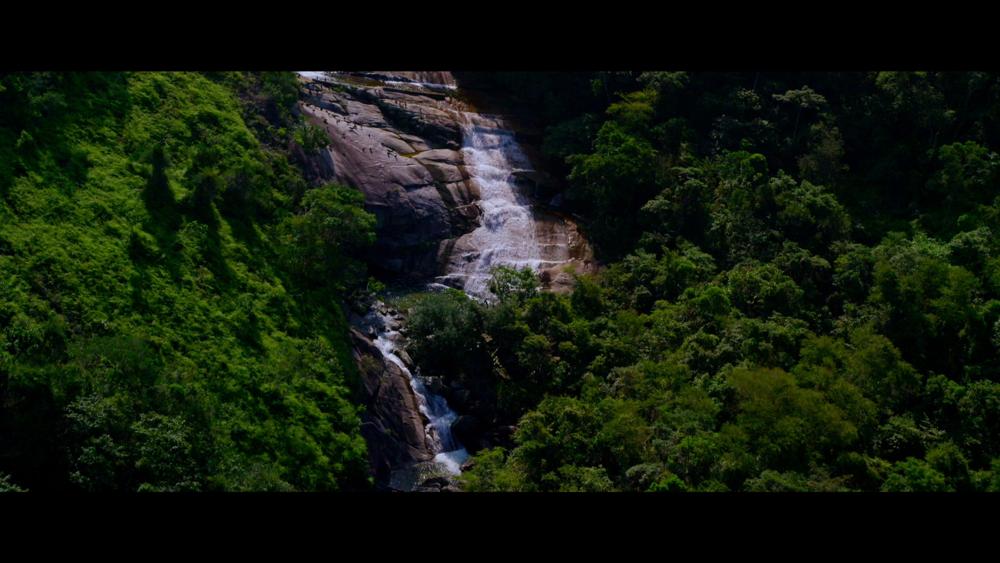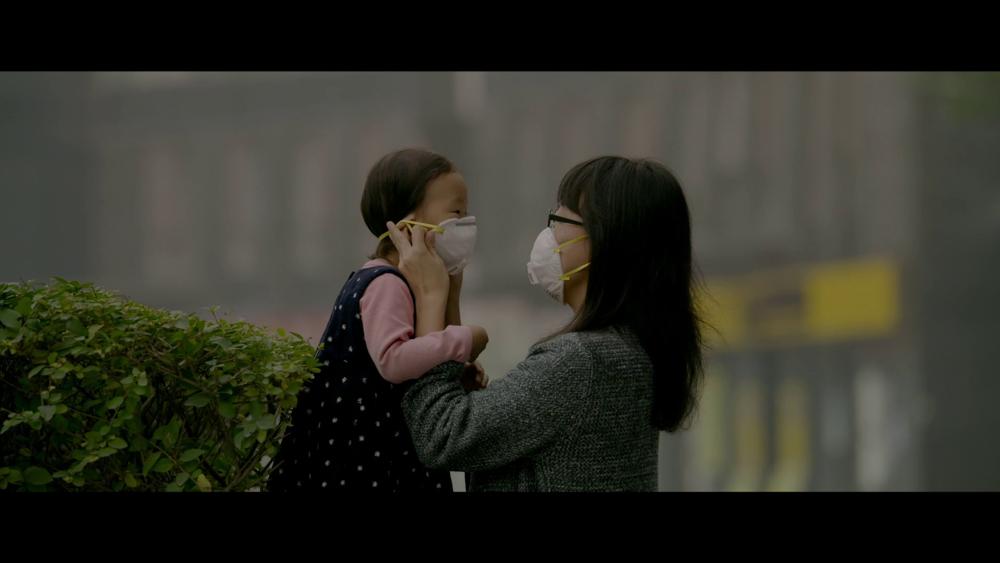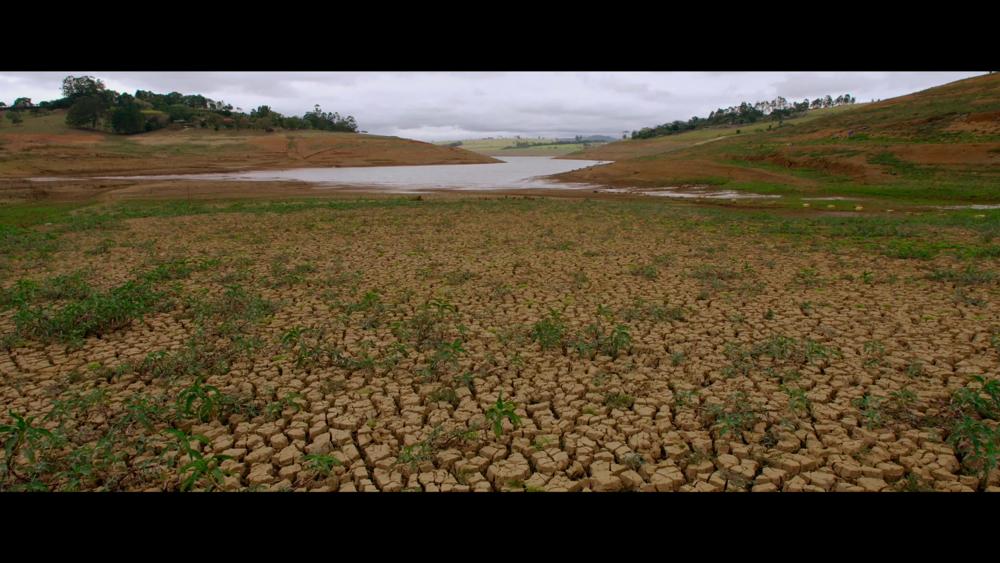


Ten years after Al Gore and Davis Guggenheim’s “An Inconvenient Truth’’ shook the world with its bleak portrait of climate change, Oscar-winning documentarian Charles Ferguson (2010’s “Inside Job’’) presents “Time to Choose,’’ in which he points out many of the same alarming facts — and then some.
But Ferguson also points to solutions. Here’s what he had to say about the film, which opens here Friday, on the phone from his home in California.
Q. Ten years later, is the truth less inconvenient?
A. That film woke people up to the seriousness of this problem. When that film was made, we were just becoming aware how serious the problem was and we didn’t yet see a clear path to solving it. Ten years later, we see a path. That doesn’t mean we will solve it, or that we’ll solve it in time. But we know now that we can do it with the advances in technology and alternative fuel sources that have been made since 2006.
Q. Won’t such changes be economically problematic?
A. If my film does have an impact, I hope it makes people aware that if we do take the steps necessary, we’ll end up having probably better lives, more prosperous lives, and healthier lives. It’s not something that’s going to have to cripple us economically or take us back to the Dark Ages.
Q. In the film, you state that fossil fuel dependency is a prime cause of economic inequality. Can you go into more detail?
A. Oil has had a very pernicious effect on world economic welfare. It’s a dangerous situation when you can hire 25,000 people in a country of 200 million and those 25,000 people are all you need to generate hundreds of billions of dollars of wealth that is all under your control. Those statistics are for Nigeria, but they are very similar in Saudi Arabia and other nations that have oil.
Q. You filmed in Nigeria and Indonesia without official sanction. Did you ever feel in danger?
A. Yes, to the extent that comes with the job. For my film about the occupation in Iraq [“No End in Sight’’] I spent a month there, including two weeks in Baghdad in 2006 when it wasn’t exactly a garden spot. In this film, there were many times when what we were doing was dangerous. We were threatened a couple of times. When we were shooting in West Virginia we were followed. In Indonesia, the kind of filming we were doing is not for the faint of heart. Indonesia is not a well-run society. You don’t have a confidence in government safety regulators in regard to, for example, small planes. And what we were doing is illegal. We didn’t have journalist visas and aerial filmmaking requires military permission and a military escort. We didn’t have permission of any sort.
Q. One way people can help out that you mention is in their choice of cars. What car do you drive?
A. My wife and I have two cars. One of them is a Tesla roadster. A lot of fun to drive. The other is a boring hybrid — a Toyota Prius.
Interview was edited and condensed. Peter Keough can be reached at petervkeough@gmail.com.



